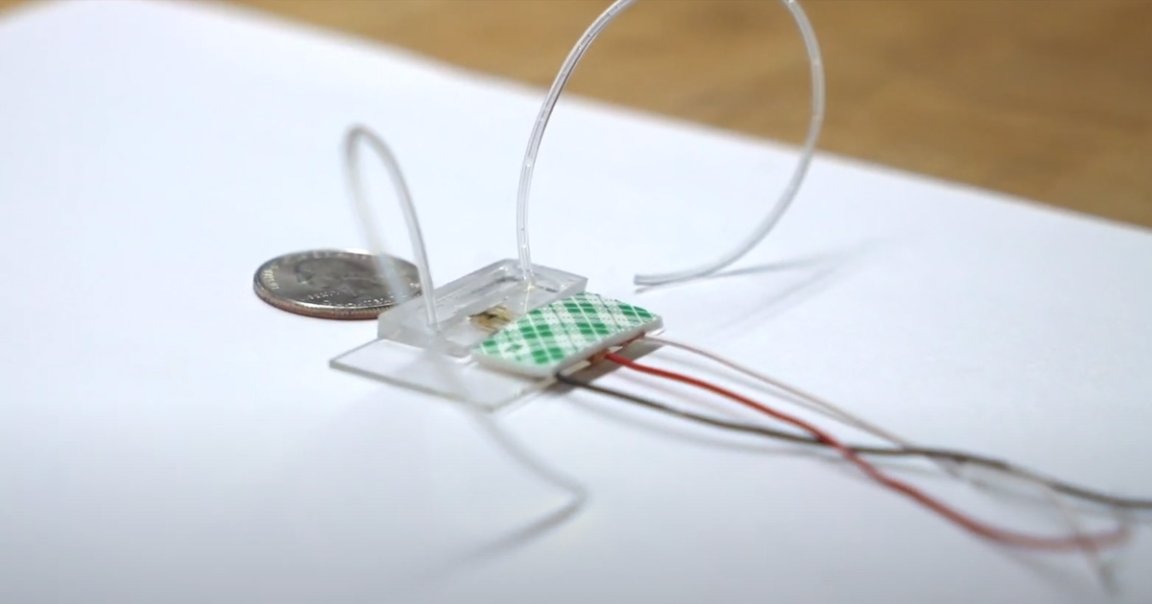
A new biosensor can examine the tiniest drop of blood and tell whether someone has antibodies for the coronavirus — in about ten seconds.
The nanomaterial system can identify two separate antibodies generated in response to SARS-CoV-2, the virus that causes COVID-19, and send results to a phone, according to research published Tuesday in the journal Advanced Materials. If adopted, the test stands to vastly enhance the speed at which immunological testing could be conducted.
And it could reveal more than whether someone’s had COVID-19, the Carnegie Mellon University engineers behind the research suggest. It could also be used to determine whether or not a coronavirus vaccine is actually protecting a patient by measuring their immune system’s response.
“Because our technique can quantify the immune response to vaccination, it is very relevant in the current environment,” study coauthor Rahul Panat, a Carnegie Mellon University mechanical engineer, said in a press release.
And the team has its sights set beyond the coronavirus pandemic as well. The system’s current form contains antigens that respond to coronavirus-specific antibodies, so it’s likely that it could also rapidly detect other viruses with the right modifications.
The team believes the biosensor platform may work just as well for Ebola, HIV, and Zika, making it a valuable tool for other viral outbreaks around the world.